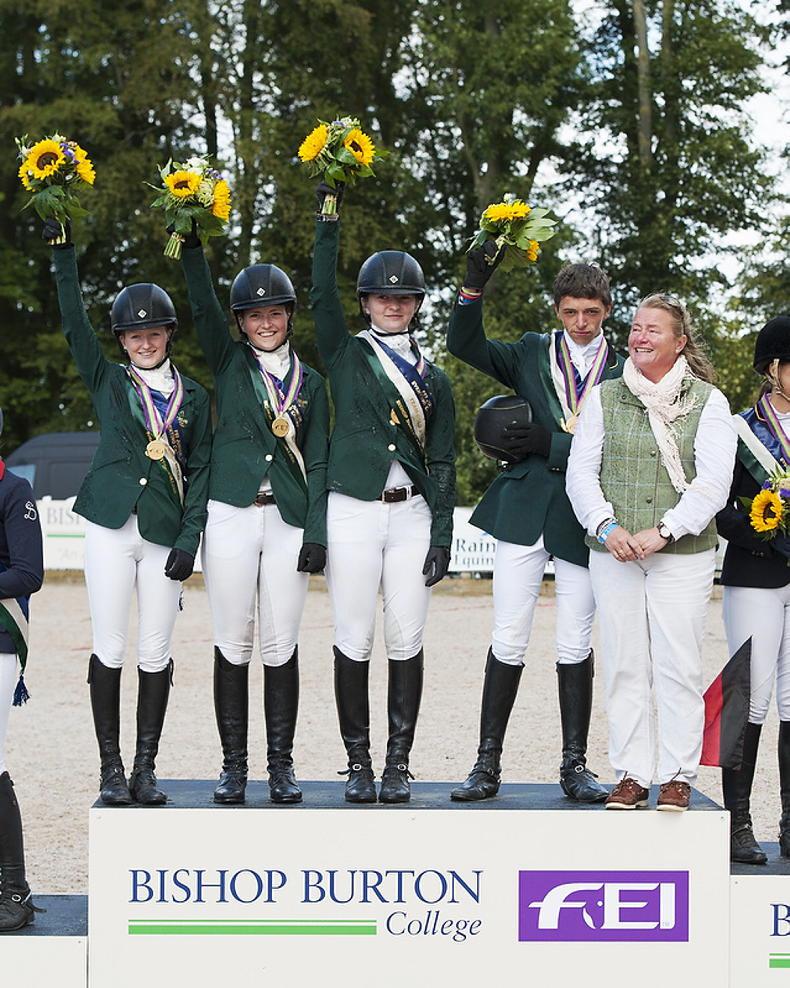CHANGING mindsets, sharing knowledge and providing education were the standout messages from the panel presenting the Horse Sport Ireland (HSI)-commissioned report, Environmental Sustainability: Equestrianism, Equine Breeding and Equine Sport Report, unveiled at the RDS Library.
There was also an emphasis on ensuring the horse sport community did not regard the report as criticism of past practices or a means to force change.


 This is a subscriber-only article
This is a subscriber-only article
 It looks like you're browsing in private mode
It looks like you're browsing in private mode









SHARING OPTIONS: